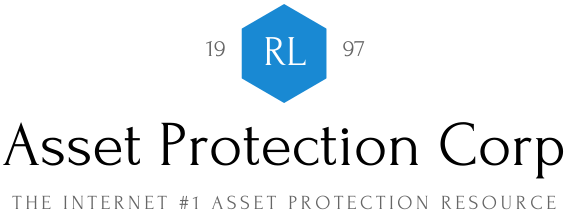Legal principles that are applicable to trusts
It must be remembered that, when trusts are used for legitimate business, family or estate planning purposes, either the trust, the trust beneficiary, or the transferor to the trust, as appropriate under the tax laws, must pay the tax on income generated by the trust property. Used in accordance with tax laws, trusts will not transform an individual’s personal, living or educational expenses into deductible items, and will not seek to avoid tax liability by ignoring either true ownership of income and assets or the true substance of transactions. Consequently, tax results promised by those promoting abusive trusts are not allowable under federal tax law. Contrary to promises made in any promotional materials, several well-established tax principles control the proper tax treatment of these abusive trust arrangements.
If you would like more information regarding asset protection, trusts, family limited partnerships or the subject of this article please call or email our office.

Trust scams and scammers
-
Abusive Trusts: Someone will have to pay the taxes!
-
Pure Trust scams
-
IRS Targets Five illegal Trusts
-
Constitutional Trusts and Pure Trust scams
- Legal principles that are applicable to trusts
- IRS cracking down on trust scammers
- Abusive Trust arrangements
- Examples of Abusive Trust arrangements – Part One – The Business Trust
- Examples of Abusive Trust arrangements – Part Two – The Equipment or Service Trust
- Examples of Abusive Trust arrangements – Part Three – The Family Residence Trust
- Examples of Abusive Trust arrangements – Part Four – The Charitable Trust
- Examples of Abusive Trust arrangements – Part Five – The Final Trust
newsletter signup
[forminator_form id=”1485″]

FIGHTING BACK!
